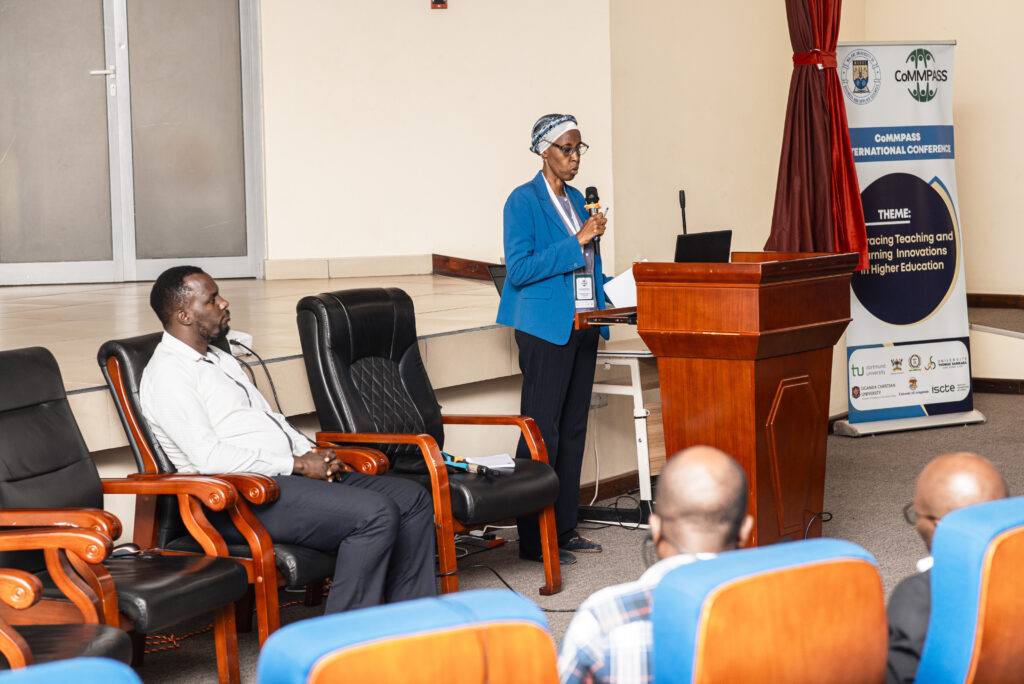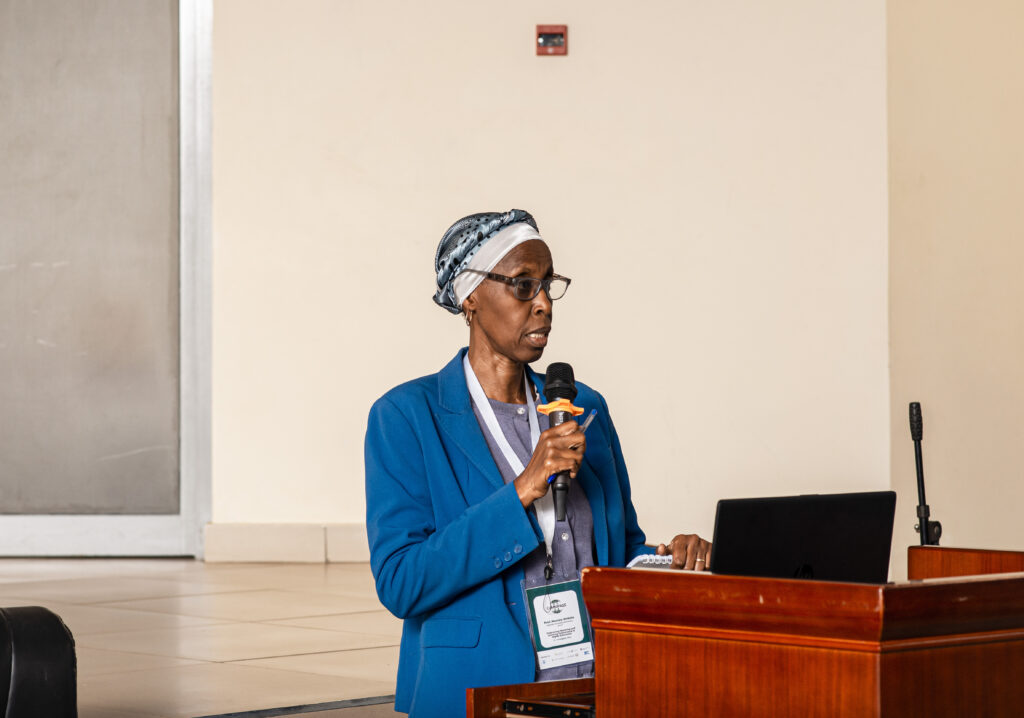By Yasiri J. Kasango
Top educators from Uganda Christian University (UCU) and Makerere University joined a remarkable gathering of academics from Africa and other areas of the world, particularly Europe, at a landmark conference on media and e-learning.
The conference was conducted at Malawi University of Business and Applied Sciences (MUBAS) in Blantyre from August 12 to 14.
UCU was represented by Prof. Monica Chibita, Dean of the School of Journalism, Media, and Communication, alongside John Semakula, Head of Undergraduate Studies Programmes. Makerere University’s delegation included Dr. Fred Kakooza and Dr. William Tayeebwa. This significant event brought together over 70 journalism researchers and students from 15 African countries to discuss the future of media-enhanced education on the continent.
The conference, spearheaded by the Erich-Brost Institute for International Journalism at Dortmund University in Germany, was part of the larger ‘CoMMPASS’ project. The three-year initiative, funded by the European Union and supplemented by the German Federal Foreign Office, aims to develop a cutting-edge e-learning platform tailored for journalism students in African universities and practicing journalists on the continent.

Prof. Dr. Susanne Fengler, Director of the Erich-Brost Institute, highlighted the urgency of enhancing journalism education in Africa during her keynote address. “Investing in the education of young journalists is of paramount importance for African countries. Particularly given the rapid population growth, Africa’s often politically fragile states are being tested. Jobs and healthcare are becoming even scarcer. Meanwhile, press freedom is restricted in many African countries. Now, more than ever, African nations need critical public debate on how to address these challenges. This will only be possible if there are enough professionally trained journalists and independent newsrooms. This is where we aim to contribute,” she emphasized.
The conference also showcased innovative approaches to teaching migration topics through media. With Africa’s population expected to nearly double by 2050, the demand for education is surging. The CoMMPASS project, which is currently in its test phase in Uganda, Burkina Faso, and Malawi, seeks to address this need by offering online courses in English, French, Portuguese, and Kiswahili. These courses aim to equip future and practicing journalists with the skills needed to report on migration effectively.
Dr. Sisanda Bukeka Nkoala from the University of the Western Cape, who serves as General Secretary of the African Journalism Education Network (AJEN), delivered a compelling speech on the challenges and opportunities of integrating e-learning into African higher education. She called on institutions to embrace these new tools to overcome infrastructural limitations and resource constraints.
Meanwhile, Dr. Girmachew Adugna from the University of Addis Ababa’s Center for Forced Displacement and Migration Studies also contributed to the discussions, shedding light on migration trends and the efforts to regularise and secure migration across the continent.
Despite the enthusiasm for e-learning, participants acknowledged the varied challenges faced by different African nations. While countries like Kenya and Nigeria lead in digital education, others struggle with high internet costs, unreliable power supply, and inadequate spaces for students to engage in online learning. These issues sparked lively debates as educators shared experiences and sought solutions.
The conference concluded with optimism for the future of e-learning in Africa, particularly in journalism education. The Communication Migration and Mobility E-learning Programmes and Newsroom Application for Sub Saharan Africa (CoMMPASS) e-learning platform, set to go live in 2025, is expected to play a pivotal role in bridging the educational gaps across the continent.


